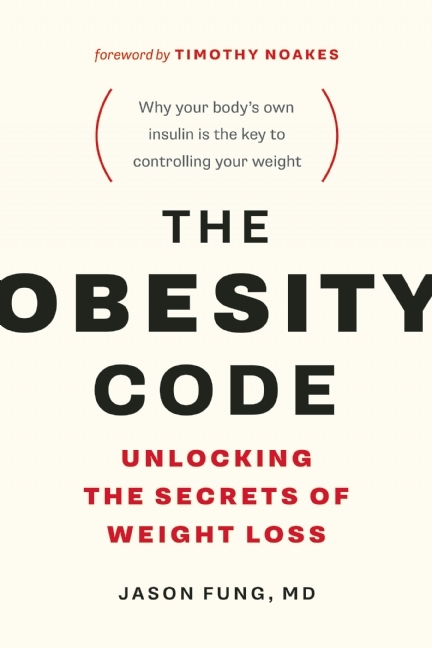What do you think?
Rate this book


315 pages, Paperback
First published March 3, 2016

When it comes to the question of what to eat, you pretty much already knew the answer. Most diets conspicuously resemble each other. There is far more agreement than discord. Eliminate sugars and refined grains. Eat more fiber. Eat vegetables. Eat organic. Eat more home-cooked meals. Avoid fast food. Eat whole unprocessed foods. Avoid artificial colors and flavors. Avoid processed or microwavable foods. Whether you follow low carb, low calories, South Beach, Atkins, or some other mainstream diet, the advice is very similar. Sure, there are particular nuances to each diet, particularly with respect to dietary fats, but they tend to agree more than they disagree…
All diets work in the short term. But we’ve been ignored the longterm problem of insulin resistance. There is one more piece of the puzzle--a solution found centuries ago. A practice that has been enshrined in the nutritional lore of virtually every population on earth...
Don't binge. After fasting, pretend it never happened. Eat normally, as if you had never fasted.




Once we understand that obesity is a hormonal imbalance, we can begin to treat it. If we believe that excess calories cause obesity, then the treatment is to reduce calories. But this method has been a complete failure. However, if too much insulin causes obesity, then it becomes clear we need to lower insulin levels.
Hormones are central to understanding obesity. Everything about human metabolism, including the body set weight, is hormonally regulated. A critical physiological variable such as body fatness is not left up to the vagaries of daily caloric intake and exercise. Instead, hormones precisely and tightly regulate body fat. We don't consciously control our body weight any more than we control our heart rates, our basal metabolic rates, our body temperatures or our breathing. These are all automatically regulated, and so is our weight. Hormones tell us when we are hungry (ghrelin). Hormones tell us we are full (peptide YY, cholecystokinin). Hormones increase energy expenditure (adrenalin). Hormones shut down energy expenditure (thyroid hormone). Obesity is a hormonal dysregulation of fat accumulation. Calories are nothing more than a proximate cause of obesity.
Reduce your consumption of added sugars. Reduce your consumption of refined grains. Moderate your protein intake. Increase your consumption of natural fats. Increase your consumption of fiber and vinegar.
This is the ancient secret. This is the cycle of life. Fasting follows feasting. Feasting follows fasting. Diets must be intermittent, not steady. Food is a celebration of life. Every single culture in the world celebrates with large feasts. That’s normal, and it’s good. However, religion has always reminded us that we must balance our feasting with periods of fasting – “atonement,” “repentance” or “cleansing.” These ideas are ancient and time-tested. Should you eat lots of food on your birthday? Absolutely. Should you eat lots of food at a wedding? Absolutely. These are times to celebrate and indulge. But there is also a time to fast. We cannot change this cycle of life. We cannot feast all the time. We cannot fast all the time. It won’t work. It doesn’t work.